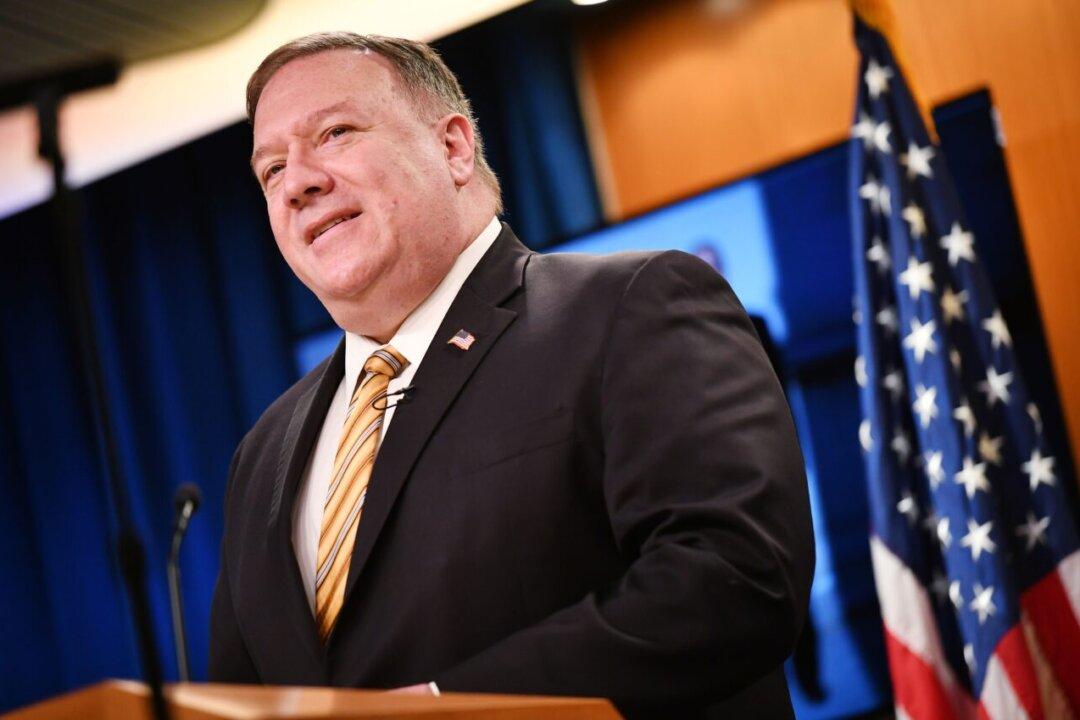The EU seeks a partnership with the United States “to defend our values and our interest” within the transatlantic community against China.
U.S. Secretary of State Mike Pompeo announced on June 25 that the United States has accepted the proposal made by EU’s High Representative for foreign affairs Josep Borrell to establish a U.S.-EU Dialogue on China with a goal to address the threat posed by the Chinese Communist Party (CCP).





